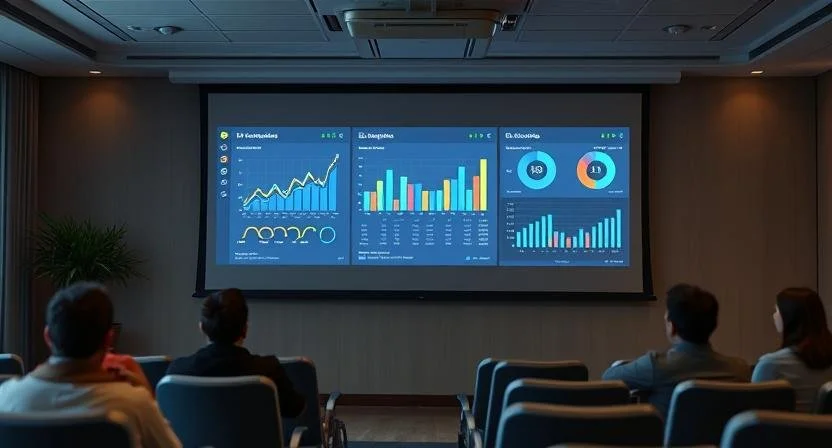
Industry-leading expertise
Our boutique team is the industry-leader in forensic accounting, claim preparation, and claims portfolio management. Hear what our experts have to say!
Valiont office, Short Hills, NJ

Our boutique team is the industry-leader in forensic accounting, claim preparation, and claims portfolio management. Hear what our experts have to say!
Valiont office, Short Hills, NJ

Before approving hotel costs, it’s critical to:
Confirm where displacement expenses actually fall within the policy coverage. Set per-diem caps and control timelines. Avoid double or triple dipping (abatements + concessions + hotels). Leverage renter’s insurance where appropriate. Document habitability, approvals, expenses, and repair alignment. Stay mindful of state and local housing laws.

Managing Business Interruption (BI) (sometimes referred to as Business Income) claims for multifamily properties can be complex, but the right strategy makes all the difference. From documenting impacted units on day one to modeling rent loss at the tenant level, successful BI claims rely on accurate data, clear documentation, and a strong understanding of what constitutes actual lost revenue. Common pitfalls of claim calculation include double dipping, occupancy levels, and saved expenses.

Accurate data is the foundation of every defensible loss calculation. Incomplete or inconsistent records can delay claims and reduce recovery. At Valiont, we combine data-driven precision with thorough validation to ensure every figure is verifiable and every claim stands up to scrutiny. When your data is accurate, your recovery is faster, clearer, and fully supported.

When property damage strikes, utility costs often surge from drying, heating, cooling, or water usage during cleanup and restoration. The key to a successful utilities in excess of normal claim is to simplify the process by analyzing pre-loss, loss-period, and post-loss utility statements to isolate and claim the true excess costs.
Insurance claim preparation has shifted from reactive, paper-heavy processes to a structured, technology-enabled discipline. In the past, businesses often submitted incomplete claims, leading to delays and disputes. Today, real-time data, cloud collaboration, and specialized forensic accounting help ensure faster, more accurate outcomes. Looking ahead, AI and predictive analytics promise to further streamline claims with automation, integrated platforms, and real-time monitoring.

Clear and accurate vendor documentation is the backbone of a successful insurance claim. From estimates and supplements to invoices and final reports, vendor records shape how damages are validated, costs are measured, and payouts are determined. By ensuring documentation is thorough, organized, and aligned with policy terms, businesses can avoid disputes, maximize recovery, and achieve faster claim resolutions.

In today’s claims environment, spreadsheets and static reports aren’t enough to detect costly errors or inefficiencies. Data visualization turns complex, scattered claims information into clear, actionable insights, making the unseen visible. From catching duplicate invoices and standardizing inconsistent documentation, to centralizing claim data and monitoring vendor spend, visualization tools help organizations identify issues early, reduce errors, and optimize costs.

When businesses suffer catastrophic losses, forensic accountants play a critical role in quantifying financial impacts like business interruption and inventory loss. This video explains how accurate, well-documented financial analysis can strengthen insurance claims, reduce disputes, and support a fair resolution.

After an insurance claim, offering tenant concessions can be key to preserving relationships, but if mishandled, they can create complications for insurance claims and financial recovery. This guide outlines strategic, compliant approaches to post-loss concessions, emphasizing alignment with insurance, proper documentation, and avoiding double claiming.

Accurate and defensible Total Insured Values (TIVs) are essential for proper insurance coverage, premium calculation, and risk planning, but many companies struggle with inconsistent, incomplete, or outdated data. By standardizing inputs, breaking down values logically, validating accuracy, and updating regularly, organizations can streamline their TIV process and improve confidence in their reported figures.
This blog highlights the importance of subrogation in large commercial insurance claims and outlines 13 critical steps, such as preserving evidence, engaging experts early, and documenting thoroughly, to strengthen the potential for successful recovery. By taking swift, strategic actions from the outset, businesses may be able to maximize their subrogation outcomes and avoid costly missteps.

Meticulous organization is critical in managing large, complex commercial property insurance claims, as it strengthens credibility, accelerates resolution, and supports all involved stakeholders. By maintaining clear, well-documented records, businesses can improve recovery outcomes and make claims processes more efficient.